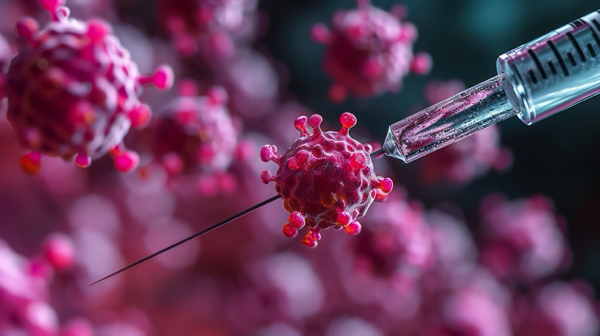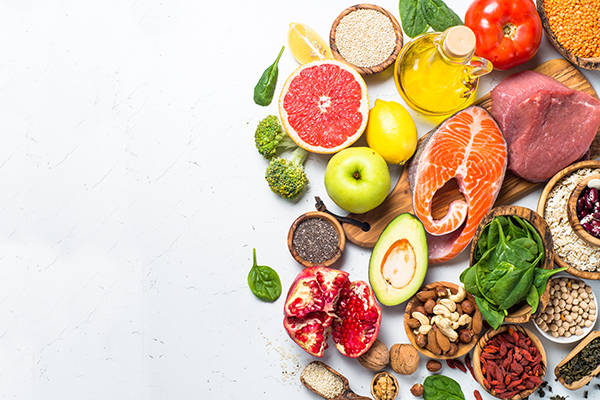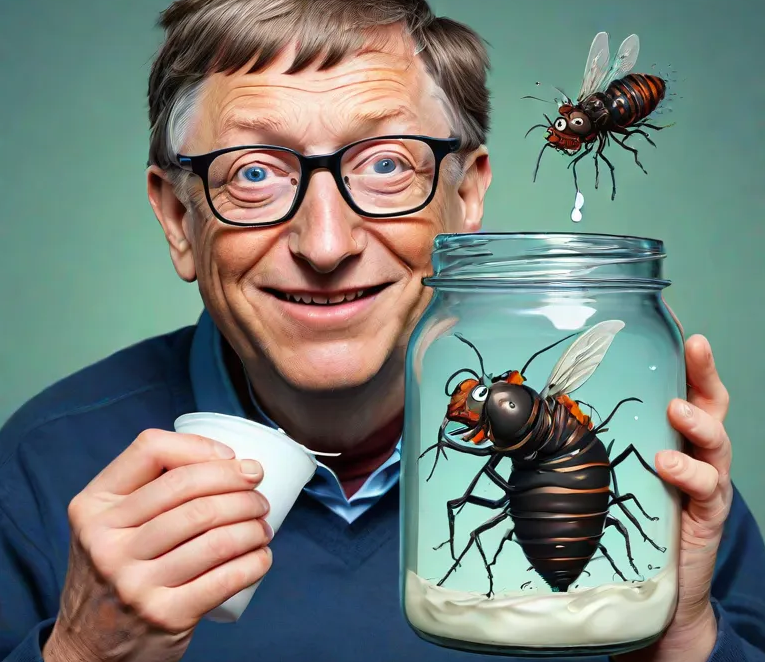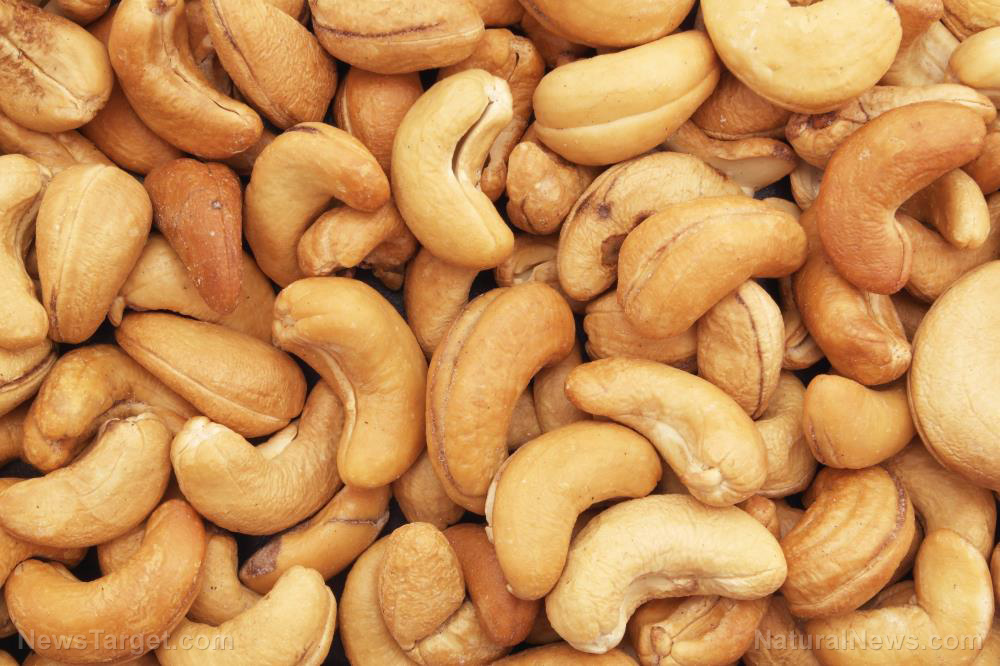Fermented stevia extract targets pancreatic cancer cells while sparing healthy ones, study reveals
08/28/2025 / By Cassie B.
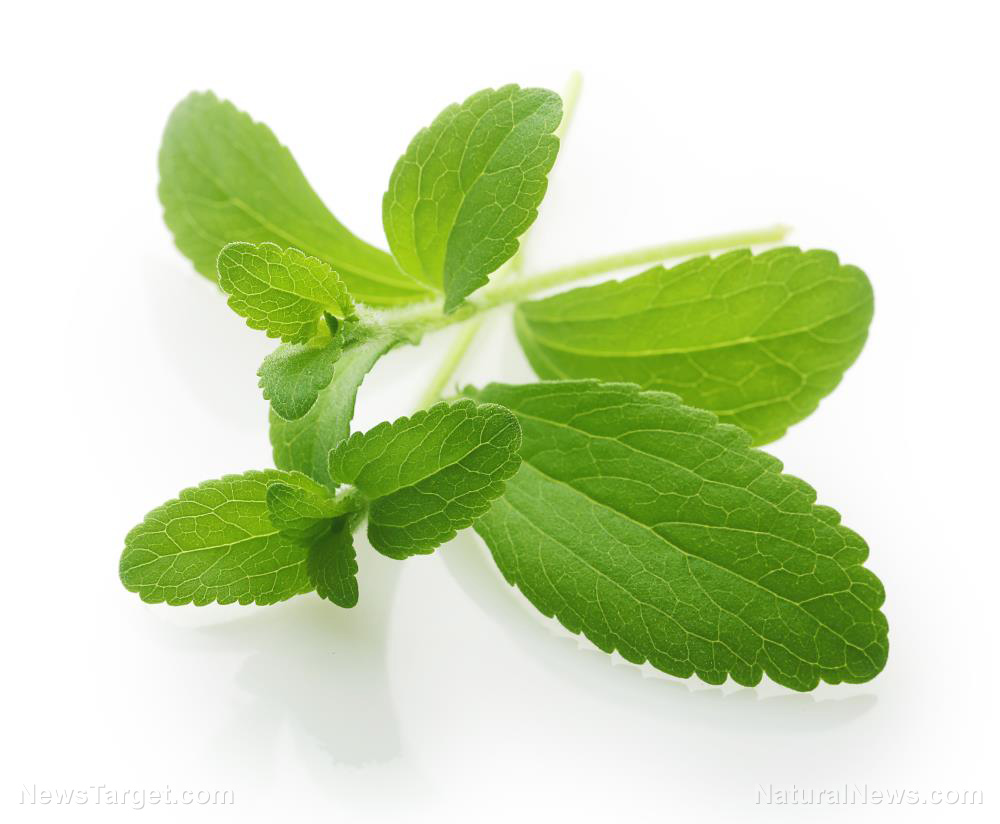
- Fermented stevia extract shows groundbreaking potential to selectively destroy pancreatic cancer cells without harming healthy cells.
- Hiroshima University researchers used Lactobacillus plantarum bacteria to transform stevia into a potent anti-cancer compound called CAME.
- Unlike chemotherapy, the fermented extract triggers natural cell death in cancer cells while sparing healthy kidney cells, even at high doses.
- Big Pharma’s toxic cancer treatments have failed pancreatic patients for decades, making natural alternatives like this a critical area of exploration.
- Human trials are pending, but if successful, fermented stevia could disrupt the pharmaceutical monopoly on cancer care with a safe, plant-based solution.
For decades, Big Pharma has pushed toxic chemotherapy and radiation as the only “viable” treatments for cancer, despite their devastating side effects and dismal success rates. But now, researchers at Japan’s Hiroshima University have uncovered a groundbreaking natural alternative that could revolutionize how we fight one of the deadliest cancers known to man.
A new study published in the International Journal of Molecular Sciences reveals that stevia extract, when fermented with a specific strain of bacteria, produces a compound capable of destroying pancreatic cancer cells while leaving healthy cells unharmed. This discovery could be a game-changer for a disease with a five-year survival rate of less than 10 percent.
The power of fermentation
The research team, led by Professor Masanori Sugiyama and Associate Professor Narandalai Danshiitsoodol, used Lactobacillus plantarum SN13T — a bacteria strain found on banana leaves—to ferment stevia extract. The result? A transformed compound called chlorogenic acid methyl ester (CAME), which demonstrated far stronger anti-cancer effects than unfermented stevia.
“Our findings indicate that FSLE [fermented stevia leaf extract] demonstrates significantly greater cytotoxicity than the non-fermented extract at equivalent concentrations,” Sugiyama stated. Even more promising, the fermented extract showed minimal toxicity to healthy kidney cells, even at high doses — a dramatic contrast to the indiscriminate destruction caused by chemotherapy.
Danshiitsoodol explained that the fermentation process altered the stevia’s chemical structure, reducing chlorogenic acid levels by sixfold while creating CAME, which triggers apoptosis—the natural self-destruction of damaged or cancerous cells. “This microbial transformation was likely due to specific enzymes in the bacteria strain used,” she noted.
A natural alternative to toxic treatments
Pancreatic cancer is notoriously aggressive, resistant to conventional treatments, and often diagnosed too late. The medical establishment’s go-to solutions — surgery, radiation, and chemotherapy — frequently fail, leaving patients with few options. But this study suggests that nature may hold the key to a safer, more effective approach.
Dr. Paul E. Oberstein, a medical oncologist at NYU Langone, acknowledged the potential but urged caution. “This is the process of how we discover new treatments — some of which turn out to be absolute game-changers,” he told Fox News. However, he warned that lab-altered compounds must be rigorously tested for safety before human trials.
Dr. Kristen Arnold, a pancreatic cancer specialist at Orlando Health, echoed this sentiment, calling the findings “very exciting” but preliminary. “Not all of it pans out, but it’s a process of discovery,” she said.
The fight against Big Pharma’s monopoly
For years, the pharmaceutical industry has suppressed natural cancer treatments, pushing expensive, patented drugs while dismissing plant-based alternatives. Yet, as this study shows, fermentation — a process used for centuries in traditional medicine—can unlock powerful healing properties in everyday plants.
The next step? Testing the fermented stevia extract in mice to assess its real-world efficacy. If successful, this could lead to human trials and potentially a natural, non-toxic cancer treatment that Big Pharma can’t monopolize.
With pancreatic cancer’s survival rates stagnant for decades, any breakthrough is worth pursuing. The fact that this one comes from a natural, zero-calorie sweetener and not a synthetic drug makes it even more compelling.
As the researchers noted, this study offers “a valuable research perspective on the potential application of probiotics as natural anti-tumor agents.” If further testing confirms its safety and effectiveness, fermented stevia could become a powerful weapon in the fight against cancer — and one that doesn’t poison the body in the process.
Sources for this article include:
Submit a correction >>
Tagged Under:
anticancer, breakthrough, cancer treatment, discoveries, fermented food, food cures, food is medicine, food science, health science, herbal medicine, Herbs, natural cures, natural health, natural medicine, Naturopathy, pancreatic cancer, phytonutrients, probiotics, remedies, research, stevia, sweeteners
This article may contain statements that reflect the opinion of the author






